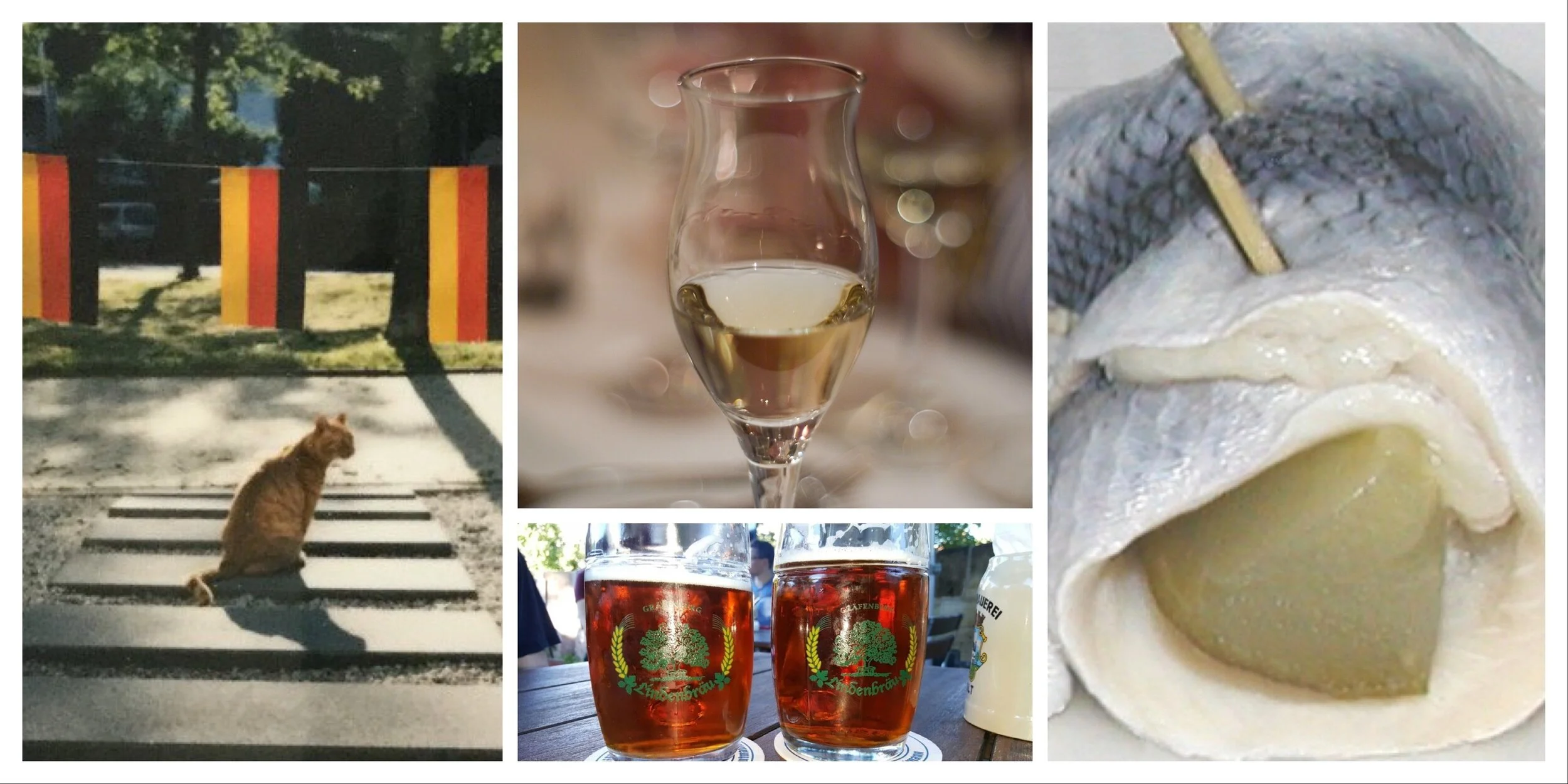Sunday trading is a contentious issue for many in Germany. Whereas some see it as the perfect way to boost local economies after the pandemic, others see it as direct attack on the rights of workers and a particular way of life. Should shops be allowed to open on Sundays or would it be a slippery slope to 24/7 consumerism?











